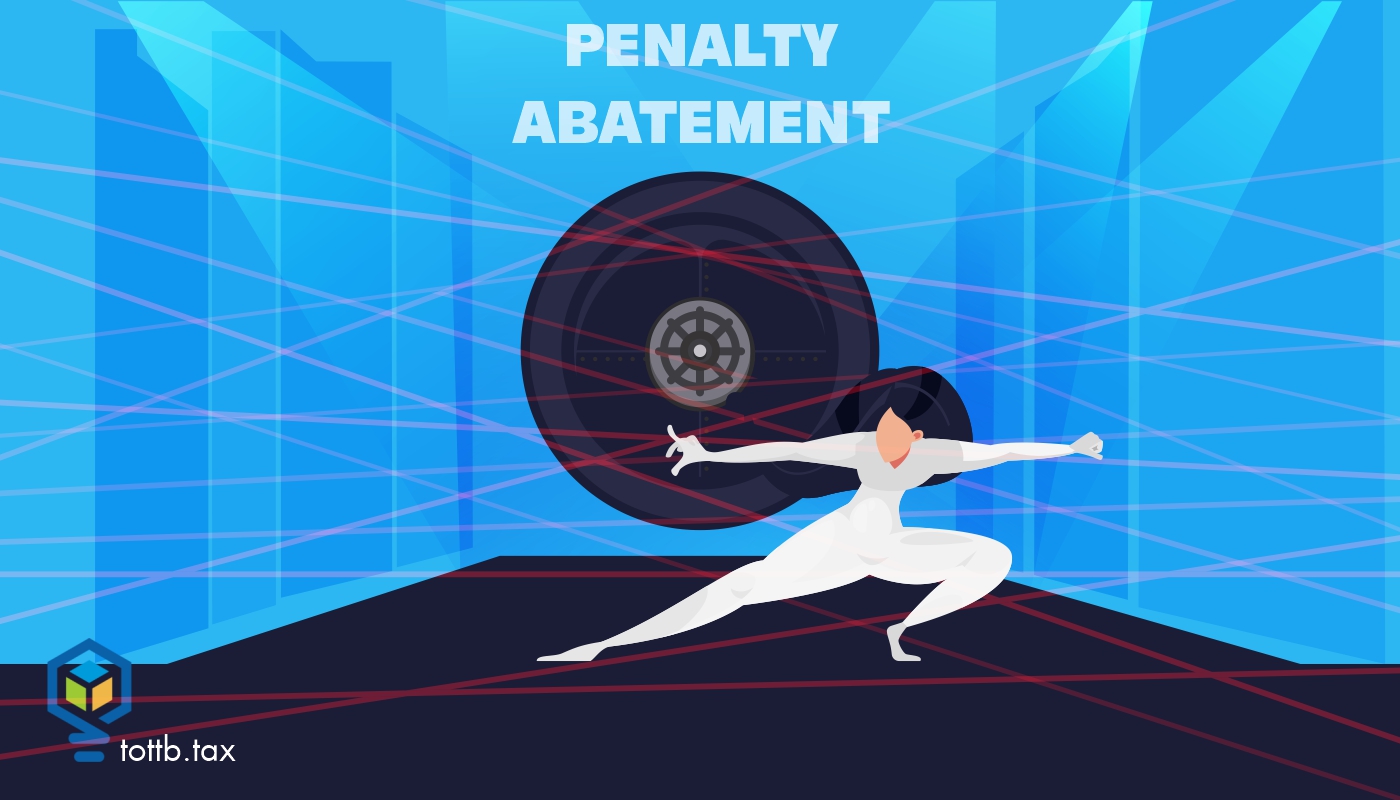Do Clients Owe Income Tax in Different States?
No client’s ever happy about having to pay state income tax in addition to federal, but at least in the past that chore was straightforward: Make money in a state, probably the one where you live and work, and you owe tax on what you made if that state has an income tax. Enter the computer and the fax machine, later the modem, email and Zoom. Then enter the pandemic and widespread remote work from home that’s largely lingered after Covid faded. Cap it off with the new maneuver of moving from a high-tax state to a low-tax one but not completely severing all former work and life connections. It is any surprise, really, that states would try to squeeze tax revenue out of that using regulations still unchanged from the past? And for punishing what that state suddenly thinks are tax cheats? Do you have a client a state might be interested in? How many states? And how do you actually know?
Read More












